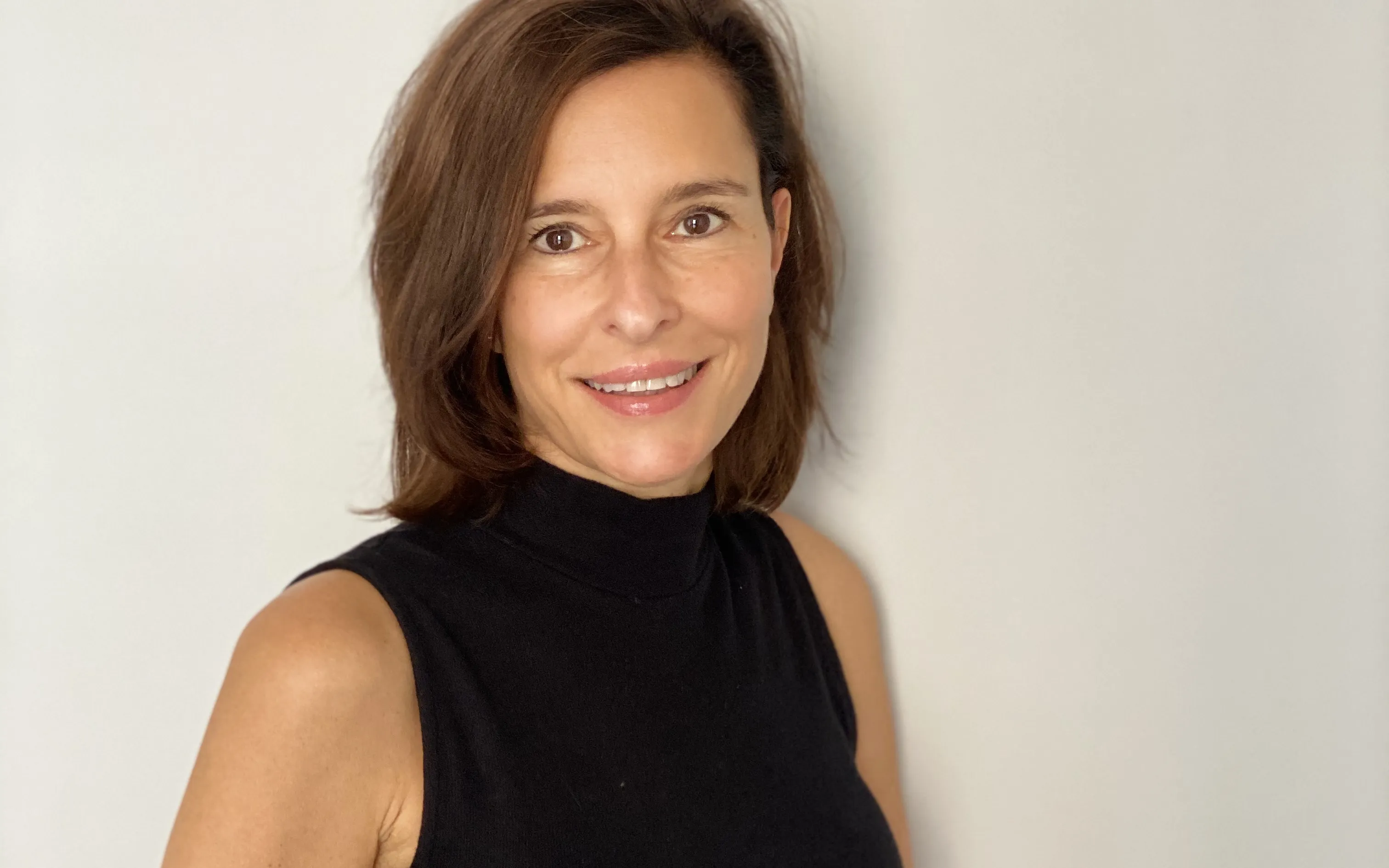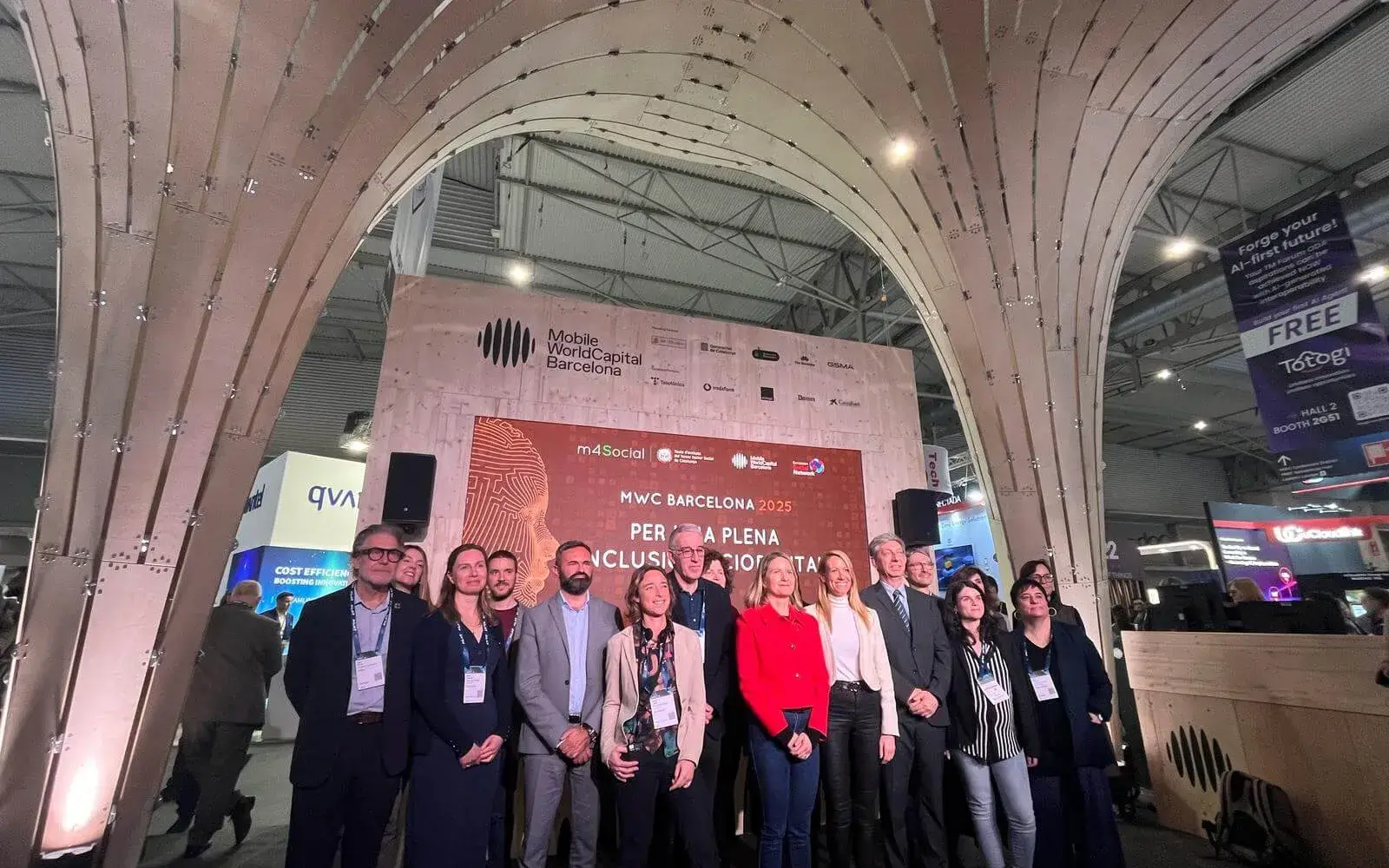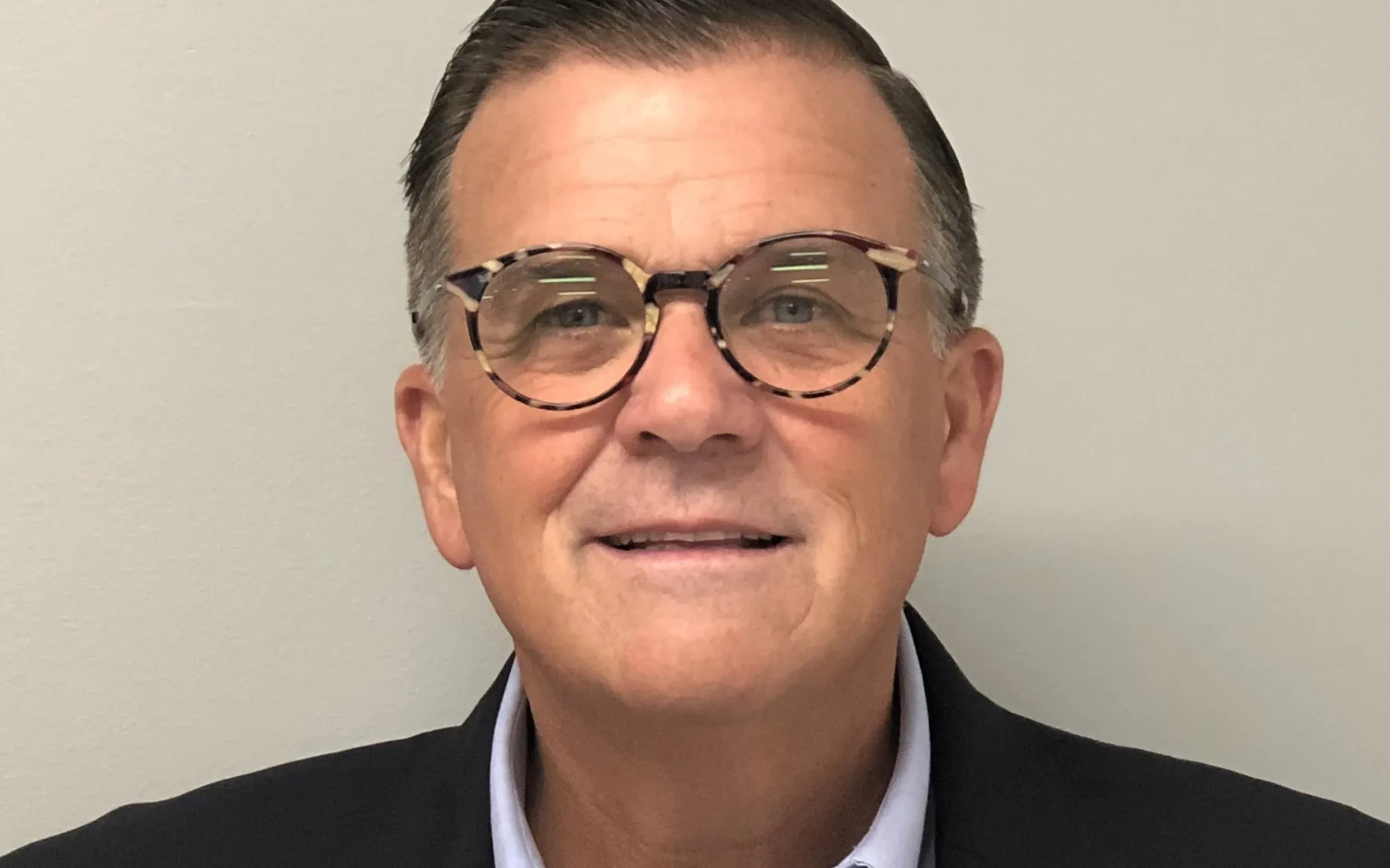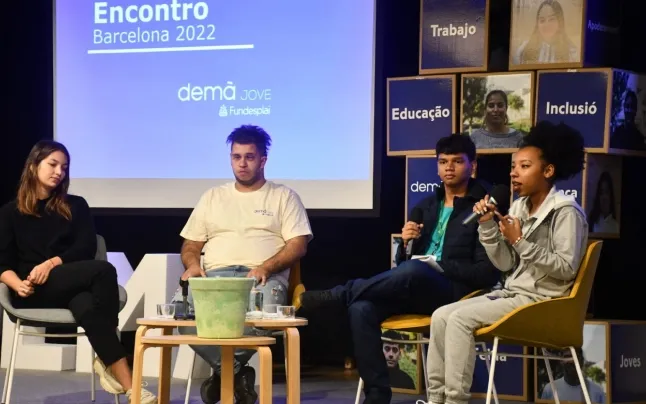Flaminia Macchia: “Rare diseases are often ignored by public policies, the journey towards full inclusion is long”
On the occasion of Rare Disease Day, we interview the executive director of Rare Diseases International, a network of 76 member organisations representing rare disease patient groups in over 100 countries worldwide.
Rare Diseases International is a global alliance of patient-driven organisations that represents a strong common voice for all persons living with a rare disease (PLWRD). On the occasion of Rare Disease Day, we interview its executive director, Flaminia Macchia.
What is the mission of Rare Diseases International?
We are motivated by our vision of a world where PLWRD and their families experience a better life through full recognition and greater support.
While empowering patient organisations to drive local and regional advocacy, RDI collaborates with the rare disease community at the global level to make rare diseases an international policy priority. RDI ensures that PLWRD and their families are represented at international institutions and platforms in order to shape policies and programmes that are person-centred and address the common challenges of PLWRD.
Our actions include: Advocating to place rare diseases on the agenda of the United Nations and its agencies, and collaborating with the WHO to build a global network that will facilitate rare disease diagnosis and care by pooling expertise and experience, and sharing best practices.
On the occasion of Rare Disease Day, are you working on any campaigns?
Rare Disease Day is more than an awareness-raising day, it is also a grassroots movement sparked by patient organisations that makes the global rare disease community more visible and calls for Equity for PLWRD.
The 2021 campaign shares the stories of PLWRD from six continents to bring attention to both the diversity of the rare community and the common challenges of those living with a rare disease. Through their membership to RDI, national organisations become Official Rare Disease Day Partners, working to develop a campaign that is inclusive and truly international. The 62 Official Partners of this year’s campaign include patient advocate organisations in Kenya, Canada, China, Australia and Brazil, to name a few.
To celebrate Rare Disease Day 2021, RDI will officially launch - at a Policy Event on 4 March - a global campaign toward a United Nations Resolution to Address the Challenges of PLWRD and their Families. The event will mark the beginning of a wave of advocacy activities that engage the entire rare disease community to call on UN Member States to adopt the first Resolution on rare diseases. RDI Rare Disease Day policy event is open to everyone who is interested in joining the call and supporting the rare community to achieve this milestone.
RDI is leading the campaign calling on the United Nations to adopt a UNGA Resolution on Rare Diseases. Can you explain it?
RDI, EURORDIS, and the NGO Committee for Rare Diseases have joined forces to advocate towards the UN General Assembly to adopt a Resolution to Address the Challenges of PLWRD and their Families.
RDI has led the elaboration of a draft document for the Resolution co-authored with rare disease patient organisations around the world. The overarching goal of the UN Resolution is to permanently and firmly position PLWRD as a priority population in need of global and national policies and rare diseases as a Human Rights issue.
The call for a UN Resolution takes a 360 degrees view of how lives are impacted by rare diseases, including access to health, education, work, financial support and leisure. We urge the UN to adopt measures that promote equitable societies and help diminish barriers to full social inclusion and participation of all people, including the 300 million PLWRD worldwide.
Do you think that society and governments are sufficiently aware of these types of diseases?
Over the last decade, great advances have been made towards greater recognition of the needs of the rare disease community including the inclusion of rare diseases in the UN Political Declaration on Universal Health Coverage, in September 2019.
However, the journey towards full inclusion and recognition is long, and much still needs to be done. The vast majority of countries do not have national strategies and frameworks to address the challenges faced by persons and families living with a rare disease. Rare diseases are often absent and ignored by public policies, which exacerbates the dearth of research and expertise, and ultimately fosters social exclusion and discrimination.
What difficulties are people with these diseases facing in their daily lives?
Rare diseases have an impact on multiple aspects on persons’ lives throughout a lifetime. Diseases are often chronic, complex, heavily debilitating and life threatening, and PLWRD confront a lack of public awareness as well as the consequences of scarcity of expertise and knowledge on rare diseases. This exposes the rare disease community to greater social, health and economic vulnerability.
How is Covid-19 affecting PLWRD? Are they more vulnerable to the coronavirus?
The global COVID-19 crisis continues to be a test of the principle of equity. Though the virus does not discriminate, it has amplified existing disparities and exacerbated the vulnerability of groups and communities already exposed to greater risk of health, social and economic inequity. The crisis continues to deepen the vulnerability of the over 300 million PLWRD worldwide.
We call for the recognition of PLWRD in COVID-19 recovery plans to ensure ‘no-one is left behind’
More than ever, patient organisations have been called on to support the community through the pandemic. The activities of patient organisations have multiplied and deepened. These activities include the organisation of support groups and material resources, dissemination of vital information and surveys on the impact of the pandemic, and advocating that PLWRD be considered as a vulnerable group necessitating specific action and protection.
RDI views this moment in history also as an opportunity for the community to advocate for strengthened health and social systems that address rare diseases in order to “Build Back Better” in the long term. Beyond the crisis, we call for the recognition of PLWRD in COVID-19 recovery plans to ensure ‘no-one is left behind’. This long-term view is particularly relevant as countries develop vaccine strategies, review health systems and attempt to reconstruct economies impacted by the pandemic.
Is the funding and research of rare diseases affected by the pandemic?
The long-term impact of the virus on funding for rare diseases is still unfolding and will certainly be felt as companies and governments assess the damage to their economies and adapt priorities. It has been reported that access to certain treatments has been delayed and some clinical development programmes have been paused thereby delaying further the possibility of accessing innovative treatments. Nevertheless, we can hope that a greater focus on public health could potentially impact positively research and funding for rare diseases. What is worrying is that our members have begun to warn of decreased private and public grants to patient organisations at a time when they most need support. Our community also fears that a singular focus from the private sector on COVID-19 may slow research and development in other areas, including rare diseases.
Do you think that rare diseases patients must be considered priorities in the vaccine plans?
National vaccine plans must give particular attention to vulnerable communities as they are disproportionately exposed to the health, social and economic impact of the virus. There are no simple answers, but all vaccine strategies should be sensitive and responsive to the challenges of PLWRD amongst other communities that also face increased risk and vulnerability as a result of the pandemic.
Looking ahead, what are the challenges in the field of rare diseases?
We are encouraged by growing awareness and recognition of PLWRD as a policy concern for many countries. Nonetheless, to avoid further widening the divide and increasing existing inequalities in different countries and regions, substantial effort needs to be made to extend awareness and recognition of rare diseases globally, and especially in low-and-middle income countries. We must collectively pay attention to not replicate and exacerbate existing discriminations. We are all challenged with actively working towards greater inclusivity to ensure that the benefits of improved recognition and awareness truly transform the lives of all people, in every country.
It is hoped that increased awareness and recognition of rare diseases, supported by advocacy from the rare disease patient community, will lead to more research, more therapies, more innovative care and treatment options for PLWRD. The challenge is how we can facilitate equal access through alternative access pathways and innovative access schemes for low-and-middle income countries. RDI calls on the private sector to reflect on sustainable and equitable access strategies for emerging economies. As evidenced in some therapeutic areas, increased and constructive dialogue between public authorities, the private sector and the patient community is essential to support equitable access.







Add new comment